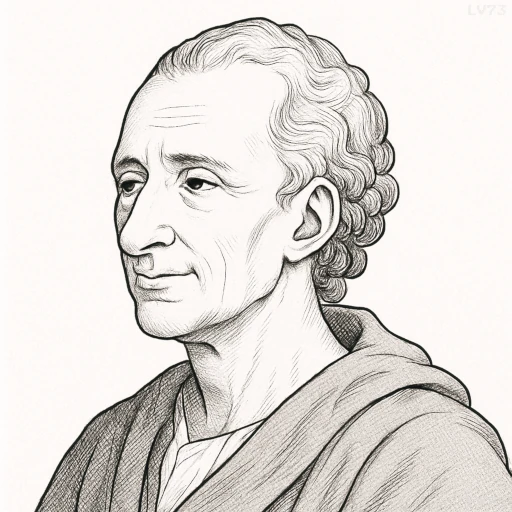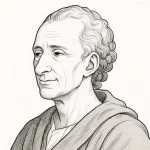“When the body of the people is possessed of the supreme power, it is called a democracy.”

- January 18, 1689 – February 10, 1755
- French
- Political Philosopher, Jurist, Author of The Spirit of the Laws
table of contents
Quote
“When the body of the people is possessed of the supreme power, it is called a democracy.”
Explanation
Montesquieu offers a foundational definition of democracy: a system in which the people themselves hold ultimate authority. In such a government, sovereignty resides not in a monarch, aristocracy, or elite class, but in the collective will of the citizenry. This reflects his commitment to categorizing political systems according to who holds power and how it is exercised.
In The Spirit of the Laws, Montesquieu examines various forms of government—monarchy, aristocracy, and democracy—and identifies the “spirit” or principle that sustains each. For democracy, that spirit is virtue, particularly the willingness of citizens to put the public interest ahead of personal gain. However, he also warns that pure democracy is difficult to sustain without active civic engagement and moral responsibility, making structure and balance essential to its stability.
In modern political thought, this definition remains foundational. Representative democracies still aim to reflect the will of the people through elected institutions, even if direct governance by the masses is rare. Montesquieu’s insight helps clarify that democracy is not merely about voting—it is about the distribution of supreme power among the people, and the structures that ensure their voice genuinely governs.
Would you like to share your impressions or related stories about this quote in the comments section?




